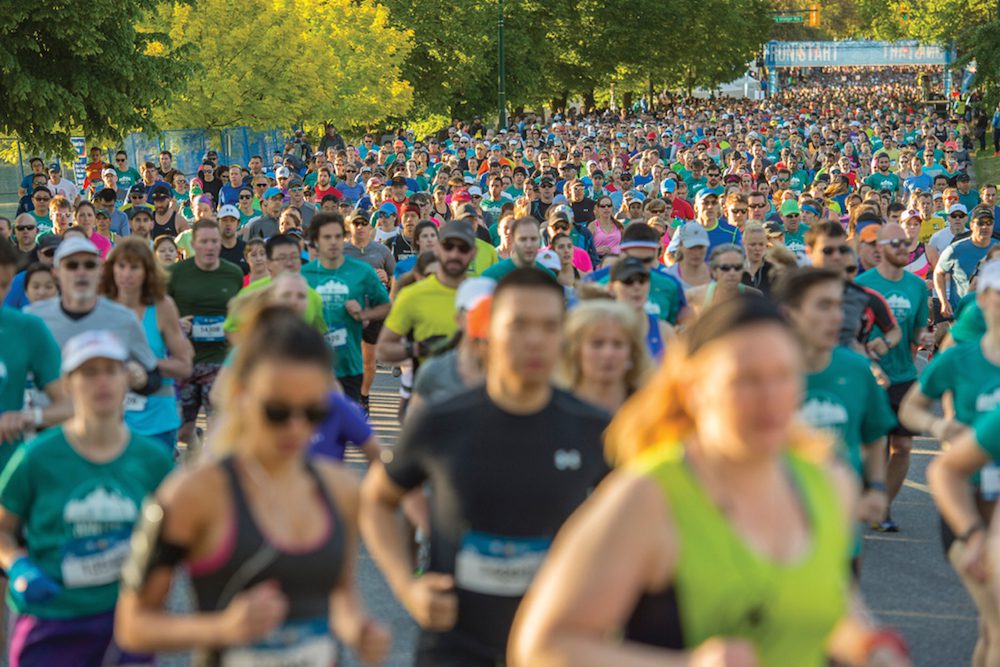I just ran my first 5K. Am I ready for the marathon?
Are you a born-again runner, determined to finish your first marathon within months of taking up the sport? Some words of caution from a Toronto coach

So you’ve been running for a while and you’re really enjoying it. In fact, it’s changed your life. You’ve quit smoking, you’ve lost a few pounds, and you’re eating healthier and sleeping better. You’re thinking, everybody seems to run marathons. Should I run a marathon?
RELATED: From half to full: how to run your first marathon in 2019

First of all, there is no rule that says you must run a marathon–or any distance, for that matter. If you just want to finish a marathon so you can cross it off your bucket list, just know that you’ll have a better experience (and may even want to run more marathons) if you build up to the distance gradually, getting comfortable with racing progressively longer distances as you work your way up.
Consider these wise words from Lucia Mahoney, a certified holistic nutritionist and coach with the Toronto Harriers: “I find that often runners, especially newer runners, are eager to jump onto the marathon bandwagon without fully appreciating the demands of the marathon, both the training required and the distance itself. It’s a distance that should command our respect, and should be built up to over time.

RELATED: My injury just put an end to my plans to run my first marathon…
“I like to see a runner slowly increase their mileage over at least a couple of years and get a few half marathons under their belt before they move up to the full. Marathon success is all about commitment and many months of healthy consistent running, not just for those 16 weeks but for an extended period of time before the marathon-specific build.” Runners who move up too quickly, Mahoney says, often get injured, or end up suffering more than necessary in the second half of a marathon.

“I’m uncomfortable with the whole couch-to-marathon movement,” she adds. “Runners should be able to handle at least 16-20K long runs and weekly mileage of 40 to 50K before contemplating moving up to the distance.”
Are you nodding your head in recognition, having just nailed your last half-marathon? OK, go for it. Many, many runners fall in love with marathon training. Whether it’s the discipline required, the variety of workouts, or the contemplative nature of the weekly long run, there are a lot of reasons to love marathon training.
RELATED: What Olympic medallist Brianne Theisen-Eaton wishes she knew before her first marathon
But if you’re one of those just-ran-my-first-5K runners and you’re thinking about doing a marathon this year, a better goal might be to increase your distances just slightly every week or two, and nail a 10K this fall.


